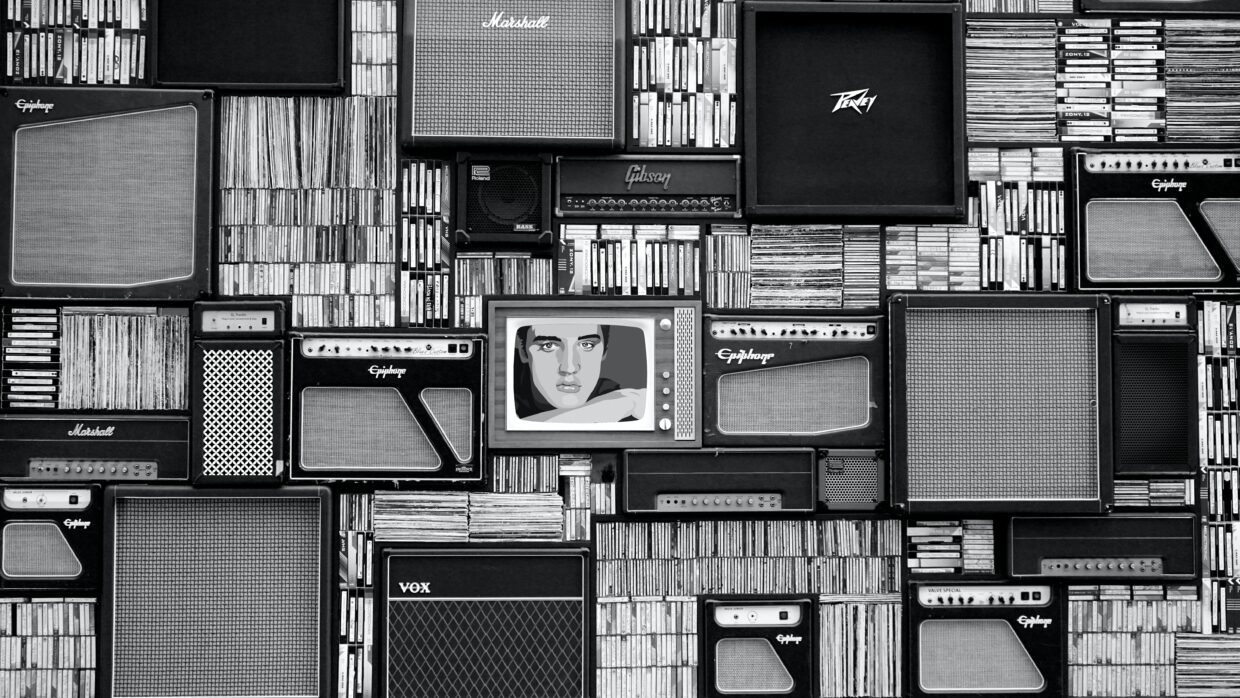Open dialogues about media literacy and factual information can create conflict; why does this happen?
The problem with media literacy and factual information is that it becomes difficult to determine what information is accurate on the internet. Most people online do not consider the importance of media literacy, the ability to evaluate information critically and use information sources effectively (Trilling, 2009). Participating in media literacy takes extra work to examine why content and messages are being delivered, especially with how much information is online. This was depicted in our weekly video by MILLER (2021); Julie Smith mentioned how we live in an era of pulled news because there are millions of sources to choose from, which becomes problematic when we select the sources we want to hear and that align with our beliefs. In addition, other issues include the uses and gratification theory, where we choose the media based on our emotional and intellectual needs (MILLER, 2021). Therefore, media literacy focuses on teaching students the essential skills to question media content to ensure the information is credible and accurate (Trilling, 2019). Some questions that can be considered are ‘Why was the media content created’ or ‘Are there any details being purposely left out and why?’
What is the benefit of having a PLN that values media literacy?
The benefit of having a PLN that values media literacy is that you belong to a network with the same perspectives and beliefs about media content. By being a part of a PLN that values media literacy, you quickly get access to thousands of information that lead to many opportunities to learn more and more everyday. Julie Smith mentioned she had used Twitter to connect with her PLN to learn new ideas and use them for other parts of her life (MILLER, 2021). She has also used her PLN on Twitter to receive objective opinions and feedback and develop professional relationships (MILLER, 2021).
References
MILLER. (2021 June 6). EDCI 338 – Media Literacy with Julie Smith [Video]. YouTube. https://www.youtube.com/watch?v=57r3-aEnci0
Trilling, B., Fadel, C. (2009). Digital Literacy Skills Info-Savvy, Media Fluent, Tech Tuned (1st ed.). Hoboken: Jossey-Bass. https://learning-oreilly-com.ezproxy.library.uvic.ca/library/view/21st-century-skills/9780470475386/fade_9780470475386_oeb_c04_r1.html#h1

letterstokate November 15, 2022
Hi Nat, I agree that having a PLN that values media literacy allows us to interact with others that hold the same perspectives about media contents. With social media, we are able to access so much more news content than ever before and having a PLN that values media literacy can promote critical thinking and discussion that can unveil more information and context behind media stories. I enjoyed reading your blog post. Thanks for sharing!